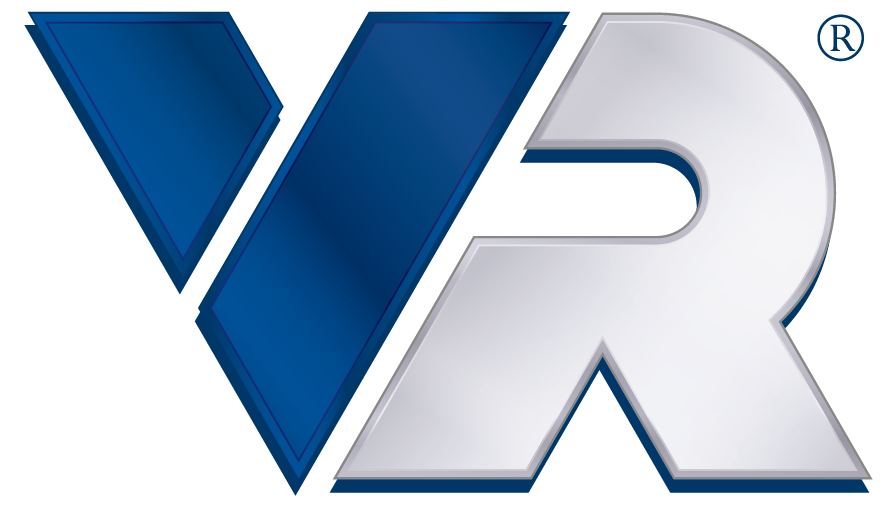Buyer FAQs
What is Cash Flow?
Most small business owners (Main Street Business) have used every legal trick in the book to minimize taxes and therefore their financial records need to be Recast or Normalized to reflect the true picture of the owners’ benefits and the businesses’ money making capabilities.
This means looking between the lines to add back to the taxable profits all of the legally taken owner discretionary expenses that weren’t absolutely necessary.

We analyze the cash flow of each business to put it on an even footing with every business, no matter how the owner takes the profits out of the business.
We usually define cash flow as earnings before interest, income tax, depreciation, amortization, total owner’s compensation, and other owner benefits; and professionally termed Seller’s Discretionary Earnings (SDE).
This is the total amount of money an owner has available to pay himself or herself, to invest in additional equipment, to make the note payments on the business, and to pay income taxes. Your VR representative will be happy to explain this process in greater detail for you when it is necessary.
What Is a Fair Price for a Business?
Like any other commodity, a business is worth whatever a willing buyer will pay a willing seller in a free marketplace. However, the value of most businesses is determined by what someone can afford to pay for it.Typically, this price will be 1 to 3 times the annual cash flow for Main Street businesses after recasting the Seller’s Discretionary Earnings (SDE), with a one-third to one-half down payment, and a note to the seller paid off over a 5 to 10 year period. If the business can earn the income you want and make the note payments, then it’s worth the price. There are many “Rule of Thumb” methods for pricing a small (Main Street) business.
The most commonly used are:
- Cash Flow Method: One to three times annual SDE or EBITDA (Earnings Before Interest, Taxes, Depreciation, and Amortization) plus owner’s compensation. The multiple can vary widely depending on the business.
- Value Method: Value of equipment and inventory plus goodwill (one year’s cash flow).
- Gross Sales Method: Three to twelve months gross sales, depending on type of business.
What is Goodwill?
Goodwill is the difference between the total value of a business and the value of the inventory, equipment, and other “hard” assets. Every business has goodwill, unless it is closed down or failing badly. The amount to pay for goodwill depends on the cash flow of the business and its general attractiveness. If buyers didn’t pay for goodwill, sellers might as well sell off their equipment and close down, rather than sell as an on-going business.
Are There Tax Benefits in Buying a Business?
Usually you can take a tax deduction for depreciation on the fair market value of all furniture, fixtures, and equipment at a much faster rate than real estate. The Covenant Not to Compete and the value of training are tax deductible, frequently at high levels. Finally, most businesses have deductible expenses that add to the owner’s cash flow.
What’s an Offer?
An offer is just that – an offer. If it is not accepted by the seller within the time limit you set, your offer is void. Most offers are contingent offers – that is, they become void unless certain things happen. All offers are subject to: Your price and terms being accepted by the seller.
An offer could also be contingent upon:
- Books and records approved (to your satisfaction).
- All equipment being in working condition.
- Assignment of lease.
- Business being sold free and clear of debt.
- Ability to get necessary licenses and permits.
- Business passing necessary inspections.
If any of the contingencies in an offer are not met within the time frame you set, the offer is void and your deposit is returned to you. Most offers are also conditioned upon certain promises by the seller, such as:
- Seller providing a non-compete agreement.
- Seller agreeing to a specified training period.
What is Financial Review or Due Diligence?
The financial review need not be complicated, but the process does generate questions from buyers and sellers.
Some typical questions from buyers are:
What is it?
You have the opportunity to check out the books and records of the business and verify the information that you have already seen and heard.You may also have additional questions for the seller. If you are satisfied with the information you see, you release the financial contingency and proceed to the next step in your purchase of the business.
How long does it take?
It’s up to you! Many businesses can be checked out in one meeting. More complex businesses can take longer.
What if I find something I don’t like?
The contingencies in the offer have to be met. If not, you have the right to make a different offer, cancel your offer and get your earnest money refunded, or look at another business.
Why not do the financial review before I make an offer?
Some buyers have expressed a desire to perform a detailed financial audit, before making an offer. Later on they found that the audit didn’t replace the need to be comfortable with the business and be truly interested in it. They wasted a lot of time analyzing the books, only to find they couldn’t agree with the seller on the price and terms or that the type of business just didn’t suit them.
We developed the financial review contingency as a compromise to bridge the gap between the buyer’s concerns and the seller’s needs. We understand the buyer’s need to verify the books before buying the business. We also know it could damage the seller to have confidential information released to strangers or potential competitors. By using the financial review contingency, a buyer can make an offer in perfect safety and the seller is assured he is dealing with a serious party.
Is this a right time to hire a professional?
By working with VR, you have the ultimate advantage of working with professionals that care.


